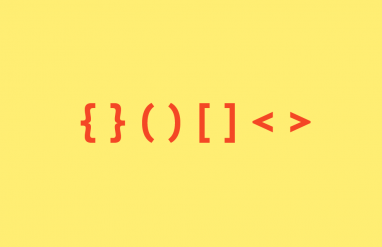What’s all the fuss over ain’t about? Is it “bad English”? Is it really a word? What does ain’t even stand for?
Let’s break down this controversial—but very misunderstood—term.
What does ain’t mean?
Ain’t is a contraction that can mean am not, are not, and is not. It can also mean have not, has not, do not, does not, or did not. We ain’t joking: ain’t is incredibly versatile, a kind of one-stop-shop for saying something isn’t, didn’t, or wasn’t.
Ain’t apparently begins as amn’t, a contraction for am not, which you can still hear in Ireland and Scotland today. Ain’t is recorded in the early 1700s, with amn’t found a century before. Ain’t is also influenced by aren’t, the contraction for are not recorded in the late 1600s.
Is ain’t a word?
Absolutely. Ain’t is a perfectly valid word, but today, ain’t is considered nonstandard. At worst, it gets stigmatized for being “ignorant” or “low-class.” At best, it’s considered a no-no in formal writing.
Ain’t wasn’t always so looked down upon, though. We can find ain’t (and its related, historic forms like an’t) in the mouths of upper-class characters in literature, for instance. Yes, ain’t was once historically acceptable in the colloquial language of Victorian lords and ladies!
But, ain’t became associated with lower-class characters (as in the works of Charles Dickens) and was treated as a vulgar form to be avoided. This avoidance is apparently why we say the ungrammatical-seeming aren’t I? in questions.
You ain’t seen nothing yet
While many snub ain’t, we have no problem with many other not contractions in English. We’ve used some in this article already. Did you catch them?
There’s isn’t, didn’t, wasn’t, and aren’t. There’s also can’t, won’t, and wouldn’t. We have haven’t, hasn’t, weren’t, shouldn’t, and don’t. And once upon time, we had hain’t for has not and have not—much like ain’t. We also had bain’t, also like ain’t and based on be(en) not.
How do you use the word ain’t?
While a lot of people consider ain’t improper, it’s a very regular and legitimate part of many forms of English, including in Black English (AAVE). Be mindful that judging someone’s use of ain’t as “wrong” can be a very socially loaded act, to say the least.
Here are some examples of ain’t as a contraction of am/are/is not:
- I ain’t going to the dance tonight.
- They ain’t coming over for dinner after all.
- He ain’t the person who surprised you with flowers.
Some examples of ain’t as a contraction of have/has/do/does/did not:
- We ain’t got any milk left in the fridge.
- They ain’t get to see the movie.
- She ain’t need that ride anymore.
Outside of regional and dialectical forms of English, ain’t also appears in a great many expressions (not to mention in important titles, from “Ain’t I a Woman?” to “Ain’t That a Shame”). In fact, it’s hard to imagine these sayings without ain’t. Try replacing them with their formal counterpoint and see if they still keep their charm. Say it ain’t so: Say it isn’t so? Um …
Some great ain’t expressions:
- If it ain’t broke, don’t fix it.
- He ain’t what he used to be.
- You ain’t heard (or seen) nothing yet.
- Say it ain’t so, Joe!
- Ain’t it the truth!














